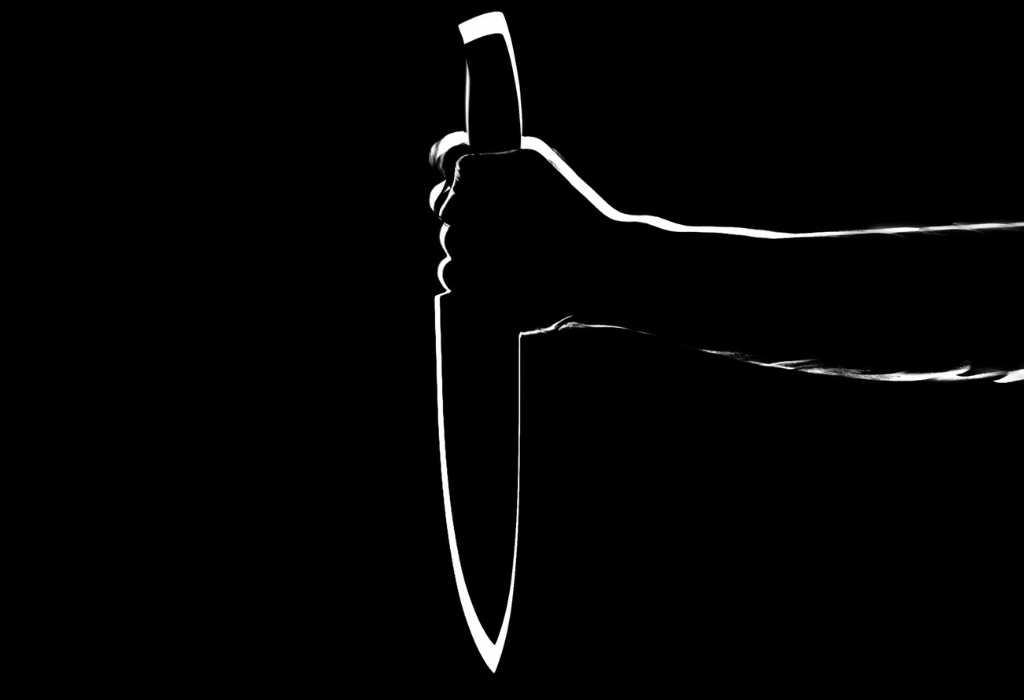By The Malketeer
Will BBC’s Gamble Pay Off in an Era of Increasing Digital Competition and State-Sponsored Propaganda?
The British Broadcasting Corporation (BBC) has announced a dramatic restructuring that will see 155 jobs eliminated from its news and current affairs departments.
The move, aimed at saving a whopping £24 million (US$31.4 million), signals a pivotal moment in the evolution of traditional broadcasting.
The Numbers Game That’s Making Everyone Nervous
The mathematics behind the restructure are sobering: 185 roles will be cut, with only 55 new positions created, resulting in a net loss of 130 journalism jobs.
But that’s not all – an additional 25 technical positions, including camera operators, are also on the chopping block.
This represents a 4% slice of the BBC’s news budget, according to BBC News CEO Deborah Turness.
HARDtalk’s Final Goodbye Marks End of an Era
Perhaps the most shocking casualty in this corporate bloodletting is the axing of HARDtalk, BBC’s flagship current affairs programme that has been grilling world leaders since 1997.
The show, which has hosted everyone from Venezuela’s Hugo Chavez to Russia’s Sergei Lavrov, will broadcast its final hard-hitting questions in March 2025.
Digital Transformation or Digital Desperation?
In what appears to be a strategic pivot, the BBC isn’t just cutting – it’s reallocating.
The broadcaster is increasing its digital presence outside the UK time zones, with new positions opening in Sydney.
This move suggests a significant shift in how the media giant plans to deliver news in an increasingly digital-first world.
The Propaganda Problem: A Warning from the Top
The timing couldn’t be more critical.
BBC Director-General Tim Davie has raised alarm bells about how financial constraints on the BBC World Service are creating a dangerous vacuum.
“When the World Service retreats, state-funded media operators move in to take advantage,” Davie warned, pointing to Russia and China’s growing media influence.
The Stakes Couldn’t Be Higher
With these cuts representing just a fraction of the BBC’s broader plan to eliminate 500 jobs by March 2026 (targeting £700m in annual savings), the message is clear: traditional media is undergoing a transformation that’s as painful as it is necessary.
The question remains: Will this cost-cutting exercise position the BBC for a stronger digital future, or is it potentially compromising the quality journalism that made it a global media powerhouse?
For veteran BBC journalist Stephen Sackur, who will depart with HARDtalk’s conclusion, the stakes couldn’t be higher.
As he poignantly noted on X, “At a time when disinformation and media manipulation are poisoning public discourse, HARDtalk is unique.”
Whether the BBC’s gamble will pay off in an era of increasing digital competition and state-sponsored propaganda remains to be seen.
MARKETING Magazine is not responsible for the content of external sites.









